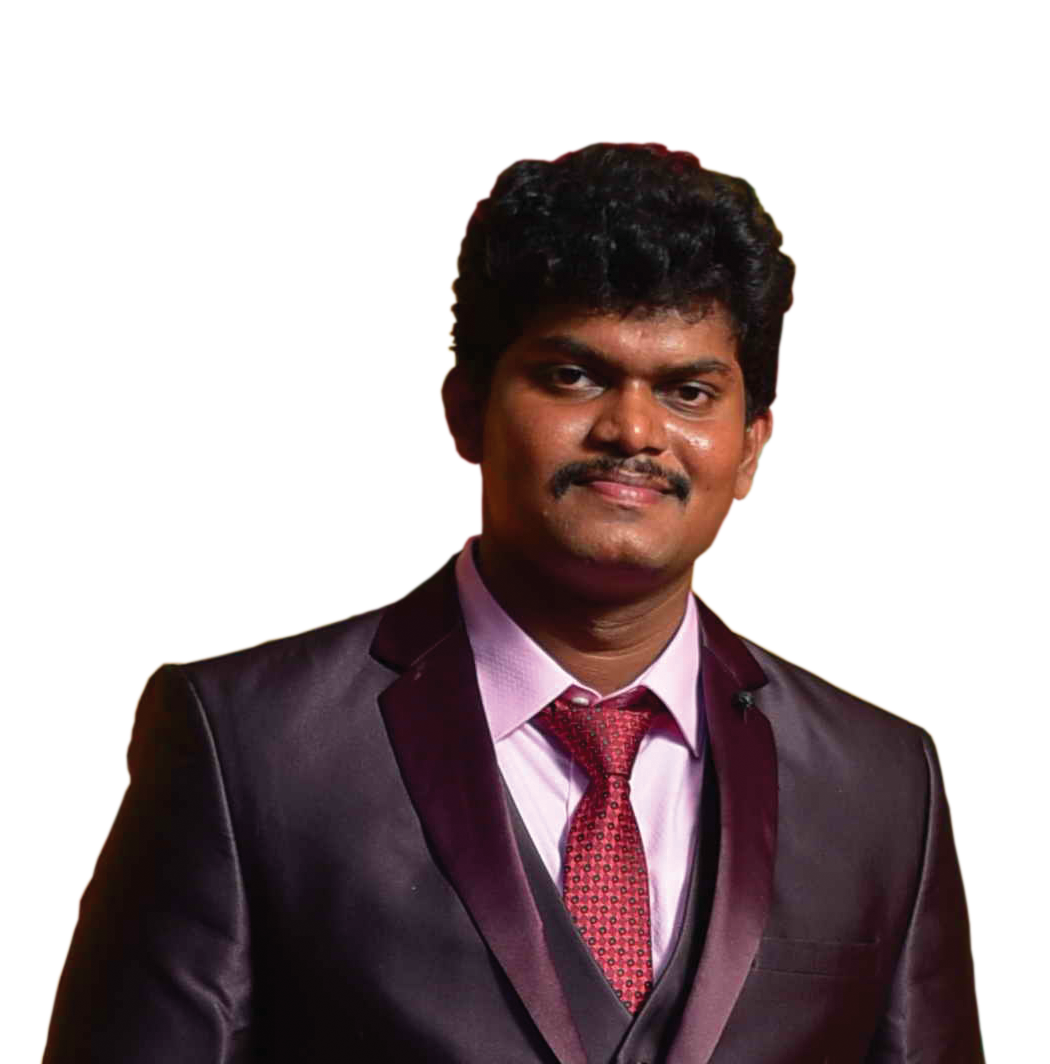🛕 Temple Entry Cannot Be Denied Based on Caste: Madras High Court Reaffirms Equality
In a landmark observation, the Madras High Court has reinforced a foundational truth: in a country governed by the rule of law, entry into temples cannot be denied on the basis of caste.
Temple access in India has historically been intertwined with caste and purity-based restrictions, especially in peninsular regions. Movements like the Self-Respect Movement, Justice Party reforms, and campaigns by leaders like Periyar and Dr. Ambedkar challenged these hierarchies head-on. The historic Vaikom Satyagraha and Temple Entry Proclamation of 1936 were milestones in this long journey toward spiritual equality.
Yet, in 2019, in the village of Uthukottai (Tamil Nadu), a temple co-funded by all communities allegedly barred Scheduled Caste devotees from entry. This triggered a legal petition, delayed by the pandemic, but finally addressed in 2024–25.
The Madras High Court reminded that the Tamil Nadu Temple Entry Authorization Act, 1947 clearly makes it illegal to restrict access to temples on caste lines. Discrimination like this is not just outdated—it’s unconstitutional and punishable by law.
The verdict is more than just legal—it’s symbolic. It reiterates that faith belongs to all, and God is not the monopoly of any caste or community.
Let this be a reminder that social justice is not history—it’s ongoing.
#MadrasHighCourt #TempleEntry #SocialJustice #CasteDiscrimination #EqualityForAll #RuleOfLaw #DrAmbedkar #SelfRespectMovement #VaikomSatyagraha #TamilNadu #InclusiveIndia #FundamentalRights #ConstitutionOfIndia #HumanRights #SocialReform
